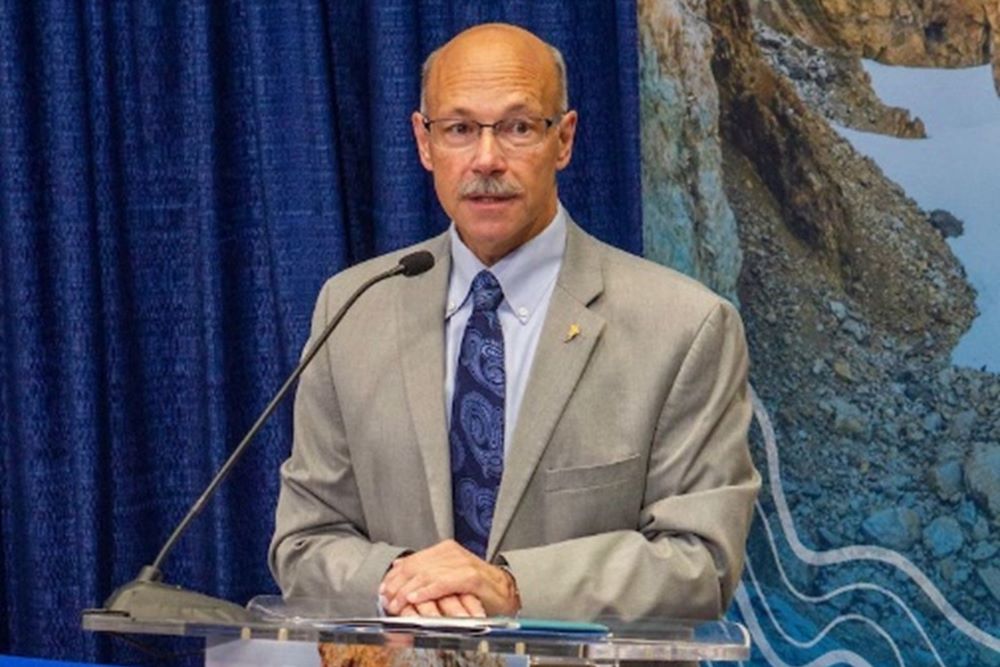
Dr. Michael Sfraga became the first-ever Ambassador-at-Large for Arctic Affairs of the United States when he was confirmed by the Senate in September 2024. As Ambassador, Sfraga will lead and coordinate U.S. Arctic policy and advance U.S. Arctic interests abroad with allies and partners.
Sfraga is a former faculty member and Vice Chancellor at the University of Alaska Fairbanks, where he earned a PhD in Geography and Northern Studies. Sfraga’s research focused on the impact of changing geopolitical conditions and climate on the Arctic. He is the founding director of the Polar Institute at the Wilson Center, and was co-director of the University of the Arctic’s Institute for Arctic Policy. Most recently, he served as chair of the U.S. Arctic Research Commission. He has also served on a review committee for the National Science Foundation’s Office of Polar Programs and the Scientific Advisory Council of the Finnish Institute for International Affairs.
Senator Lisa Murkowski, a fellow Alaskan and advocate for Arctic issues, affirmed the appointment, saying “Mike will bring to the post a clear-eyed view about the strategic realities of the Arctic, and help position the United States to lead in the region while protecting our national security interests. Between his decades of experience in the region, deep policy expertise, and strong relationships with Arctic leaders, there is no one better suited to be the first person in this role.”
Sfraga’s commitment to Arctic collaboration was exemplified through his work as Distinguished Co-Lead Scholar for the U.S. Department of State’s Fulbright Arctic Initiative alongside Dr. Ross Virginia, past director of the Institute of Arctic Studies at Dartmouth College. With Sfraga’s guidance, the Fulbright Arctic Initiative’s first and second cohorts, in 2015-2016 and 2018-2019, brought together a network of 33 scholars, professionals and applied researchers from the Arctic-bordering nations to conduct research and develop policy recommendations addressing energy, water, health, infrastructure challenges, resilient communities, and sustainable economies. The initiative was launched during the U.S. Chairmanship of the Arctic Council to stimulate international scientific collaboration on Arctic issues in areas important to the Arctic Council and the U.S. Chairmanship, the Indigenous peoples of the North, and the many other stakeholders who care deeply about the future of the Arctic.
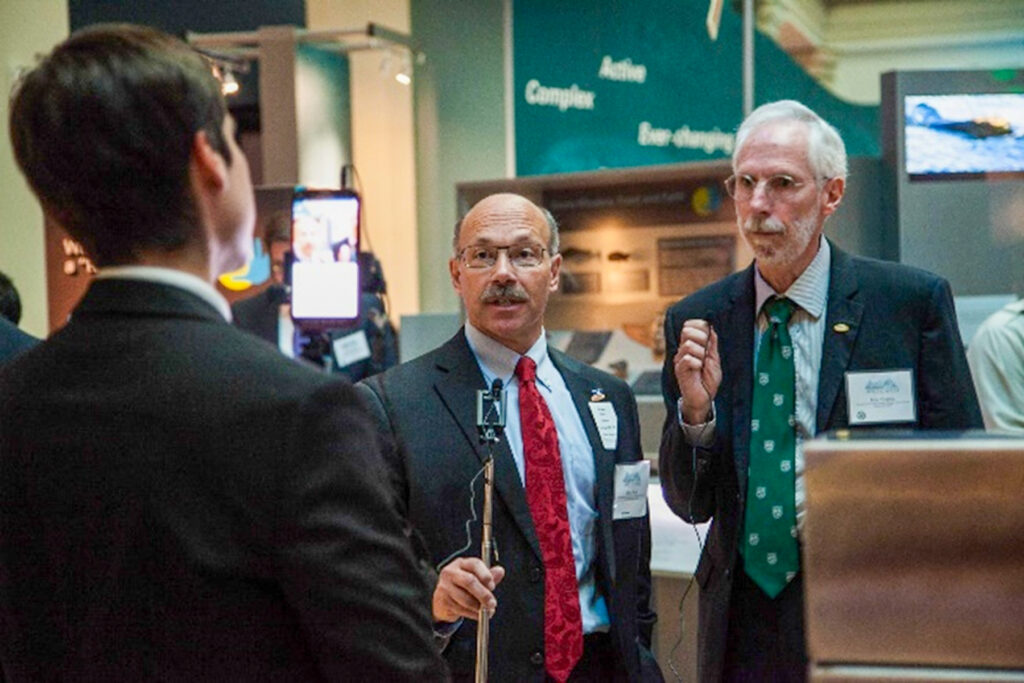
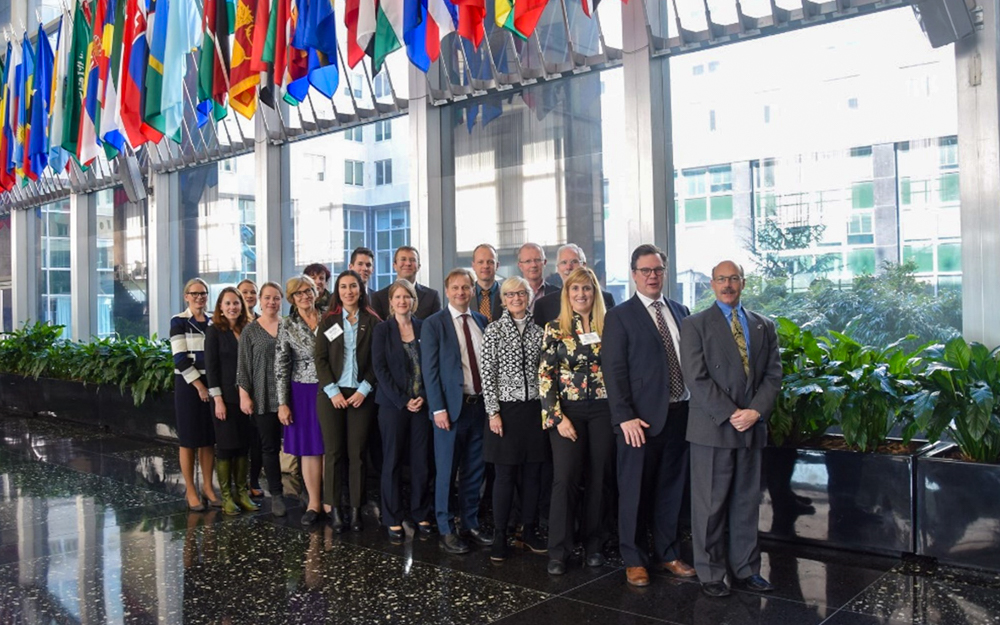
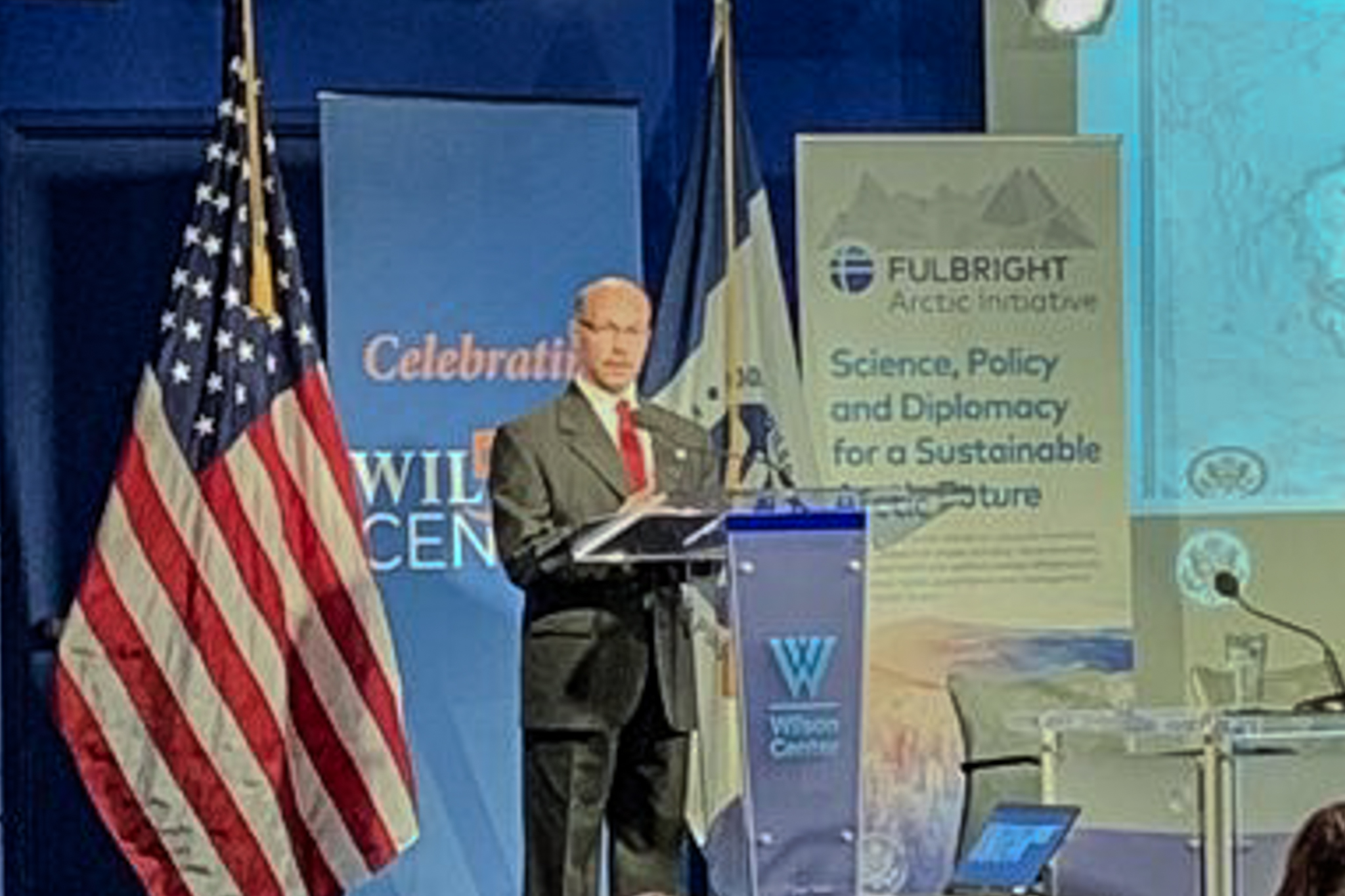
Sfraga’s leadership helped pave the way for two subsequent cohorts of Fulbright Arctic Initiative Scholars, who are continuing to build research collaborations and address public-policy research questions relevant to Arctic nations’ shared challenges. Scholars in the fourth Fulbright Arctic Initiative cohort continue to address key research and policy questions in energy, environment, security, and the mental health and well-being of Arctic communities.
In his first weeks as Ambassador-at-Large, Sfraga has travelled abroad and met with scores of U.S. officials, as well as government, defense and research leadership from Arctic nations, to set the tone for ongoing discussions and efforts to advance shared goals throughout the region. He returned briefly to Alaska to speak to the Fairbanks Geologic Hydrogen Workshop, highlighting promising possibilities for new, clean, and naturally occurring hydrogen energy sources for Alaska, North American Arctic, the United States, and the world. Ambassador Sfraga also spoke to the inaugural Anchorage Security and Defense Conference about the dynamic security landscape in the Arctic.
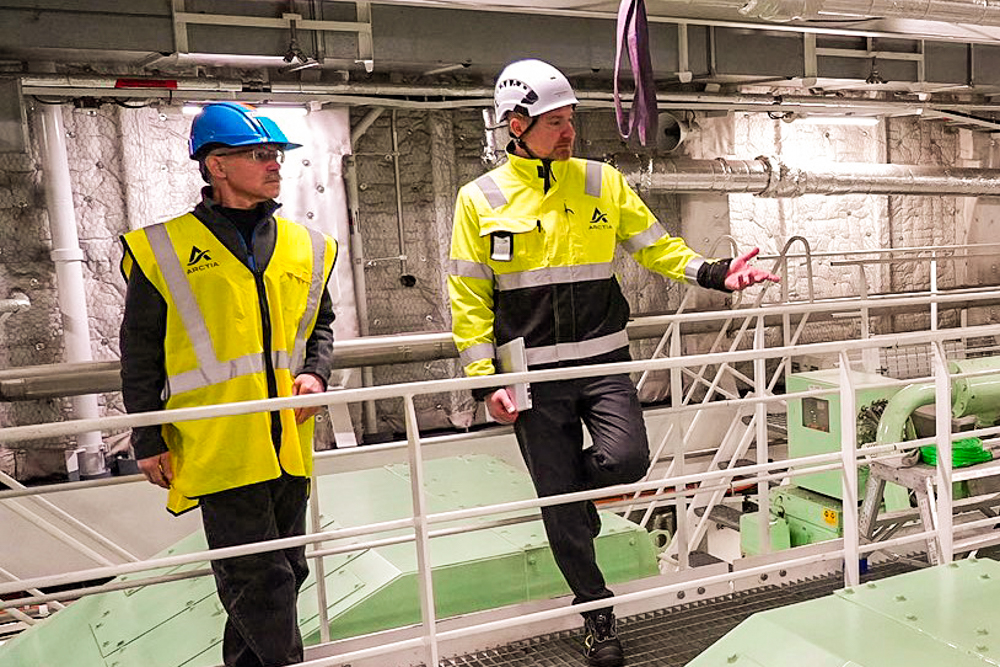
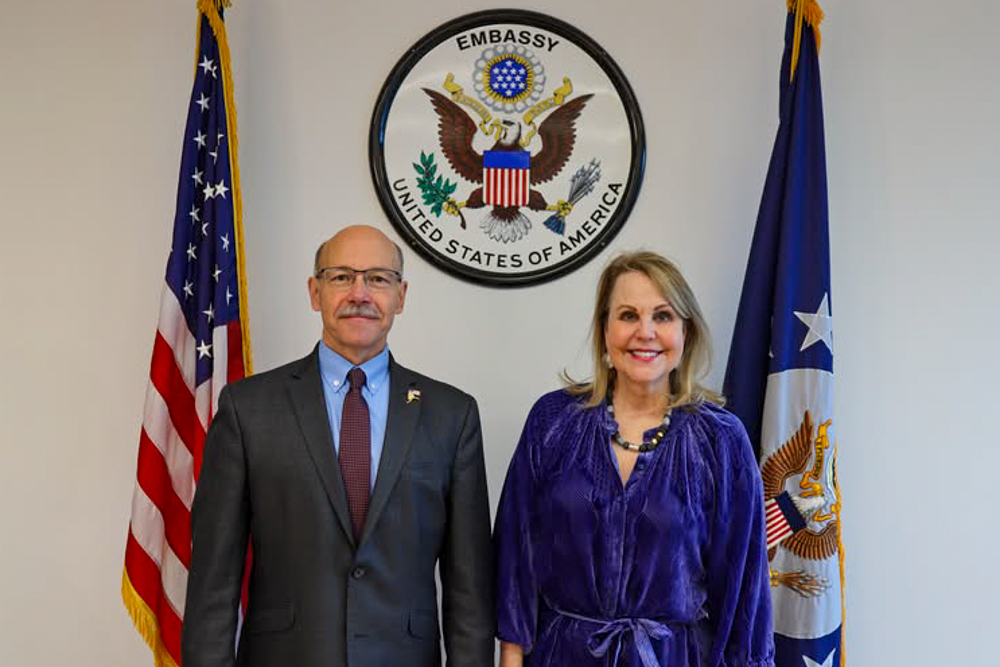
Beginning his new role with a series of official visits, Sfraga met with U.S. and foreign government officials to discuss shared Arctic priorities. Speaking at the U.S. Embassy in Reykjavik, Iceland, Sfraga said, “One of the U.S.’s top priorities is for the first U.S. Ambassador-at-Large for Arctic Affairs to project and reflect U.S. policy in the Arctic. Because the United States must be present in these dialogues; we also must listen to those that live in the Arctic; we also must understand better our place in the Arctic . . . to ensure it is a peaceful, stable, and cooperative region.”
In Reykjavik, Sfraga met with U.S. Ambassador Carrin F. Patman and former Ambassador of Iceland to the U.S. Bergdís Ellertsdóttir, the current Senior Arctic Official and Deputy Permanent Secretary at the Icelandic Ministry for Foreign Affairs. Ambassador Patman remarked that Sfraga’s “decades of experience and dedication to Arctic issues are invaluable as we work together to enhance U.S.-Iceland cooperation on security, environmental stewardship, and sustainable development.”
One example of current international cooperation is the ICE Pact, the trilateral “Icebreaker Collaboration Effort” with Canada, Finland and the United States. Visiting the Icebreaker Polaris, Sfraga noted that “Icebreakers are Arctic superheroes” because they are important for research, safety, rescue missions, and keeping ports navigable. According to Sfraga, the ICE Pact is one of many examples of the “strength of Allied cooperation” because it “improves our ability to maintain security in the Arctic.”